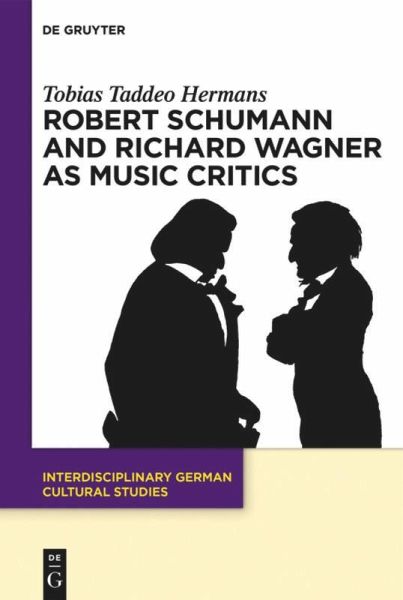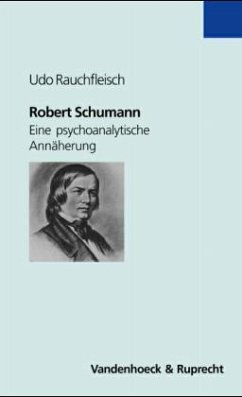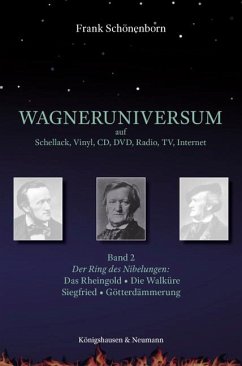
Robert Schumann and Richard Wagner as Music Critics

PAYBACK Punkte
40 °P sammeln!
The music reviews of Robert Schumann and Richard Wagner are central documents of 19th-century German musical culture. This book takes a closer look at the way these texts were written and explores the significant contributions Schumann and Wagner made to the discourse of musical appraisal. To that effect, the author raises fundamental questions that have thus far remained unaddressed: What textual features characterize the critical writings? How do Schumann and Wagner understand their roles as critics of music? And in what way do they reach out to the reader?Rather than understanding these cri...
The music reviews of Robert Schumann and Richard Wagner are central documents of 19th-century German musical culture. This book takes a closer look at the way these texts were written and explores the significant contributions Schumann and Wagner made to the discourse of musical appraisal. To that effect, the author raises fundamental questions that have thus far remained unaddressed: What textual features characterize the critical writings? How do Schumann and Wagner understand their roles as critics of music? And in what way do they reach out to the reader?
Rather than understanding these critical writings exclusively as a gateway to the compositions and musical aesthetics of Schumann and Wagner, this book analyzes the texts through the lens of pragmatics, narratology and discourse analysis. Using this interdisciplinary perspective, the author proposes to understand Schumann and Wagner within the broader medial and discursive context of German 'Kritik'. He challenges the dominant narrative that brands Schumann and Wagner as elitist Romantic critics, demonstrating instead that they actively encourage their readers to form their own judgements. This volume is an indispensable resource for scholars of German literature, periodicals and music alike.
Rather than understanding these critical writings exclusively as a gateway to the compositions and musical aesthetics of Schumann and Wagner, this book analyzes the texts through the lens of pragmatics, narratology and discourse analysis. Using this interdisciplinary perspective, the author proposes to understand Schumann and Wagner within the broader medial and discursive context of German 'Kritik'. He challenges the dominant narrative that brands Schumann and Wagner as elitist Romantic critics, demonstrating instead that they actively encourage their readers to form their own judgements. This volume is an indispensable resource for scholars of German literature, periodicals and music alike.














